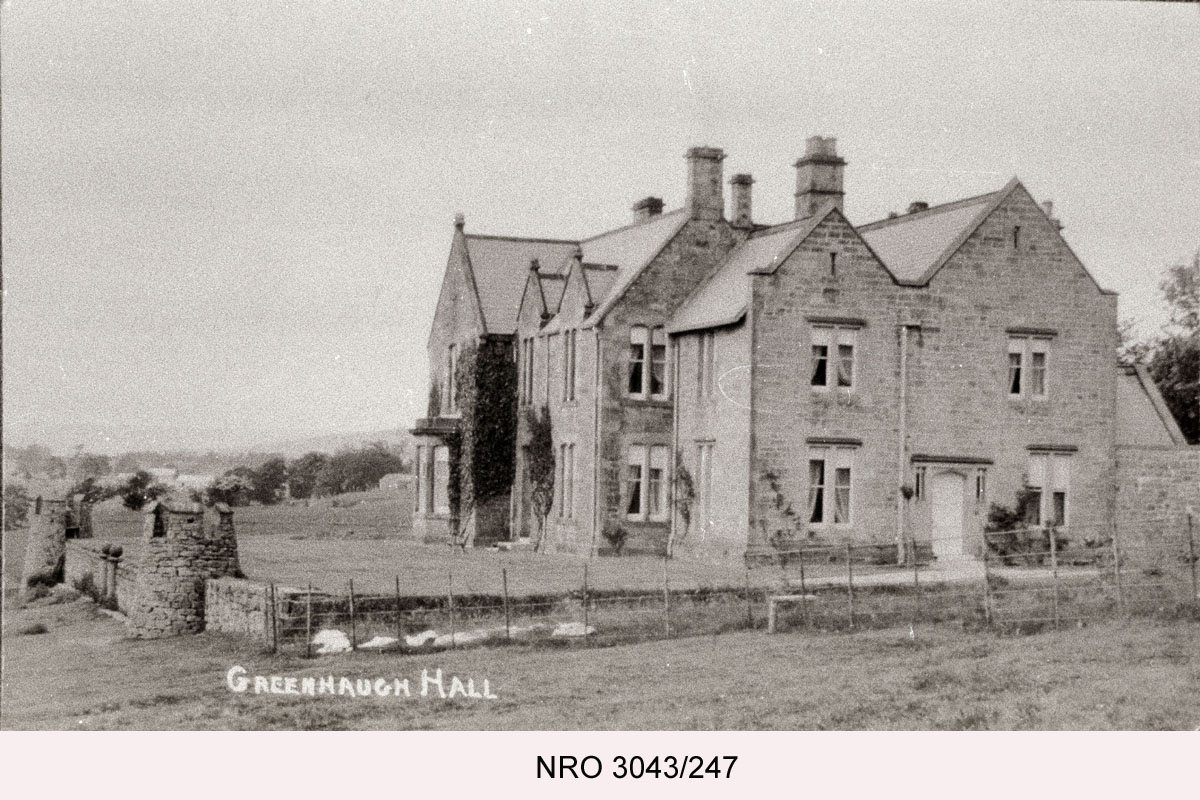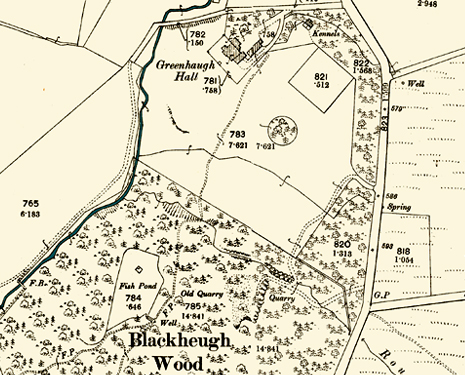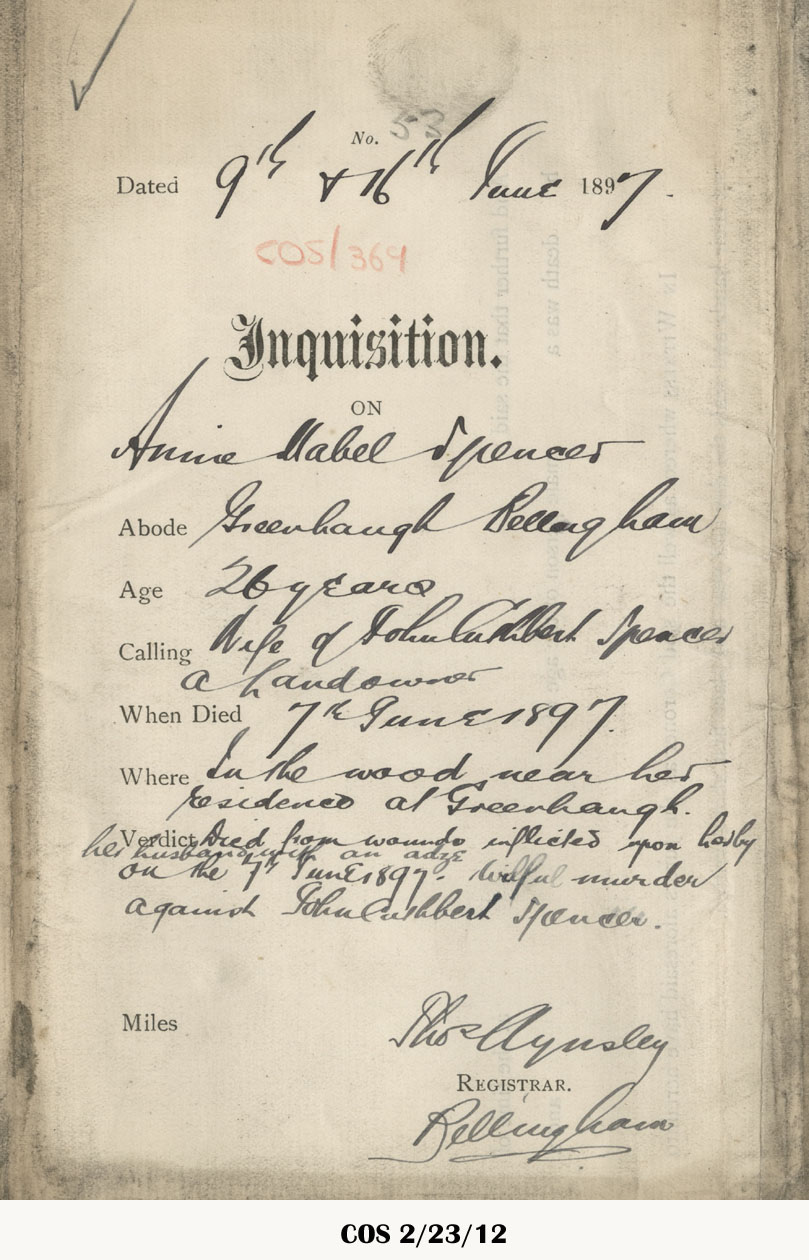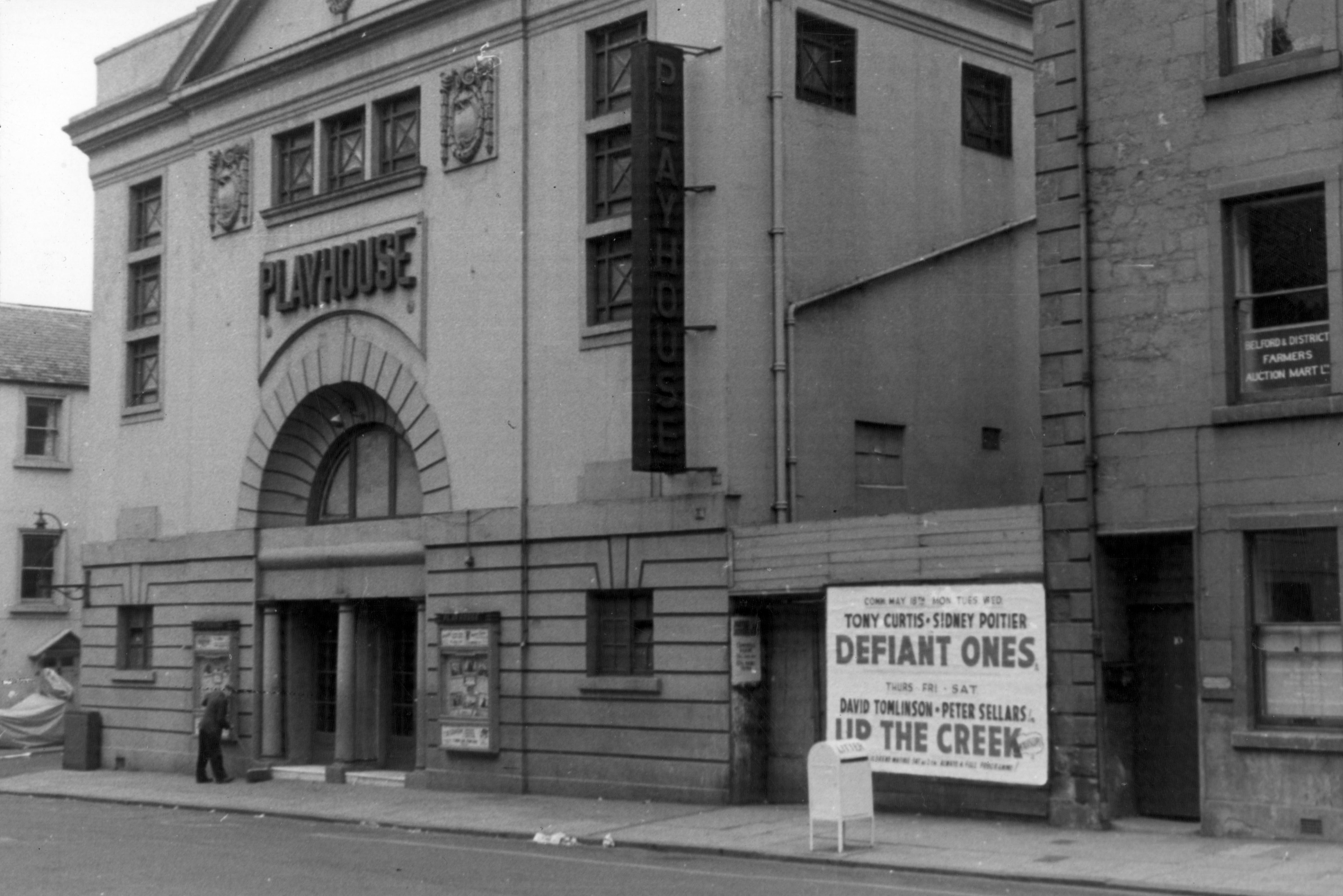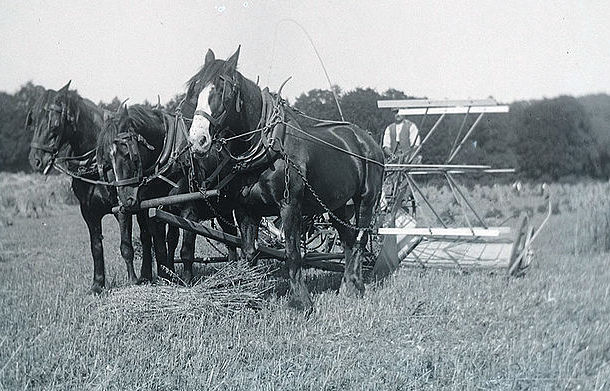Following the passage of legislation relating to the treatment of “delinquents” in 1866, James Hall of Tynemouth and a group of other local philanthropists purchased the training ship Cornwall from the Admiralty in 1868. As the Admiralty wished to retain the name Cornwall the ship was re-named the Wellesley. The ship provided an education for boys who were deemed as being destitute or suffering from parental neglect. The original aims of the training ship were to give shelter for the homeless and provide training and education that would equip the boys for a life at sea.
By 1873 a larger ship was needed – H.M.S. Boscawen was purchased and again re-named Wellesley. This ship continued to serve as a training vessel until 1914 when it was destroyed in a fire. Throughout the duration of First World War the boys were housed in the Tynemouth Palace and when war ended it was agreed that the school would find a permanent shore base. On 18 May 1920 the school moved from Tynemouth to Blyth. At the outbreak of war in 1939, the school was evacuated to Hamsterley, County Durham, and finally returned to Blyth after the war.

Green’s Home Industrial School in South Shields was certified as a branch of H.M.S. Wellesley on 19 December 1884. The school accommodated up to 60 boys up to the age of 12. At the age of 12 the boys were generally transferred to H.M.S. Wellesley for training in seamanship. The Training Ship Minute Books give information about life and practices on board the ship. Discipline was strict and the boys schooling and physical exercise was of prime importance. There were football, cricket, athletics and rugby teams and the boys also did gymnastics, tug of war and rowing. They also learnt life skills such as cooking and sewing.
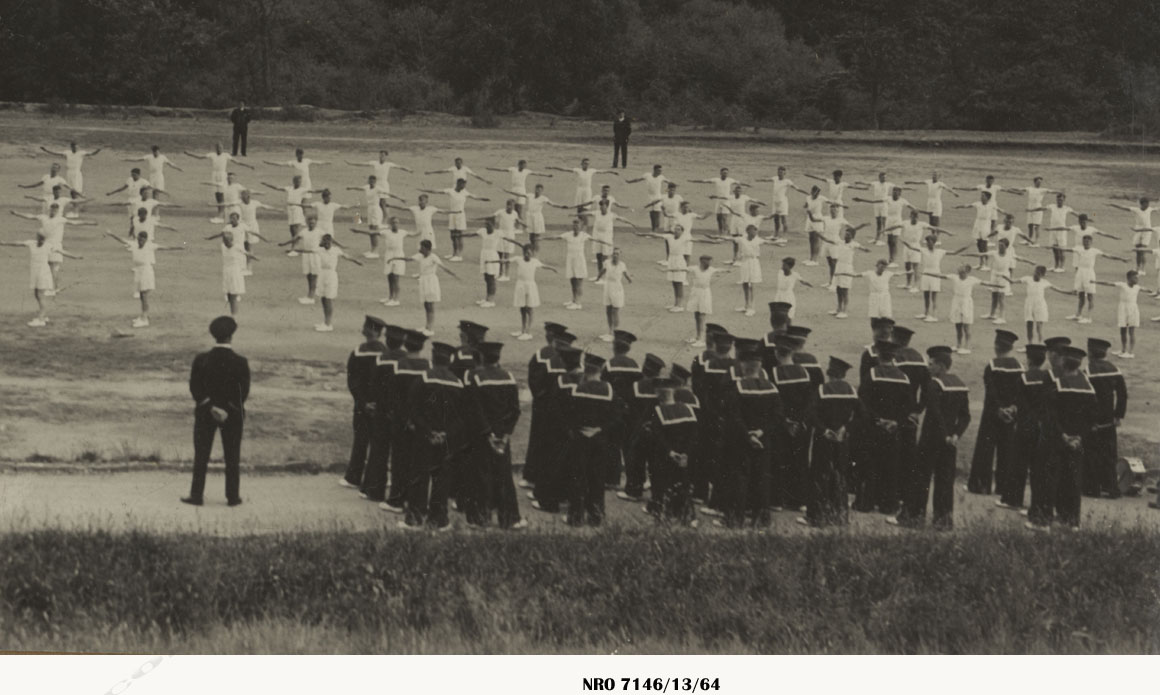
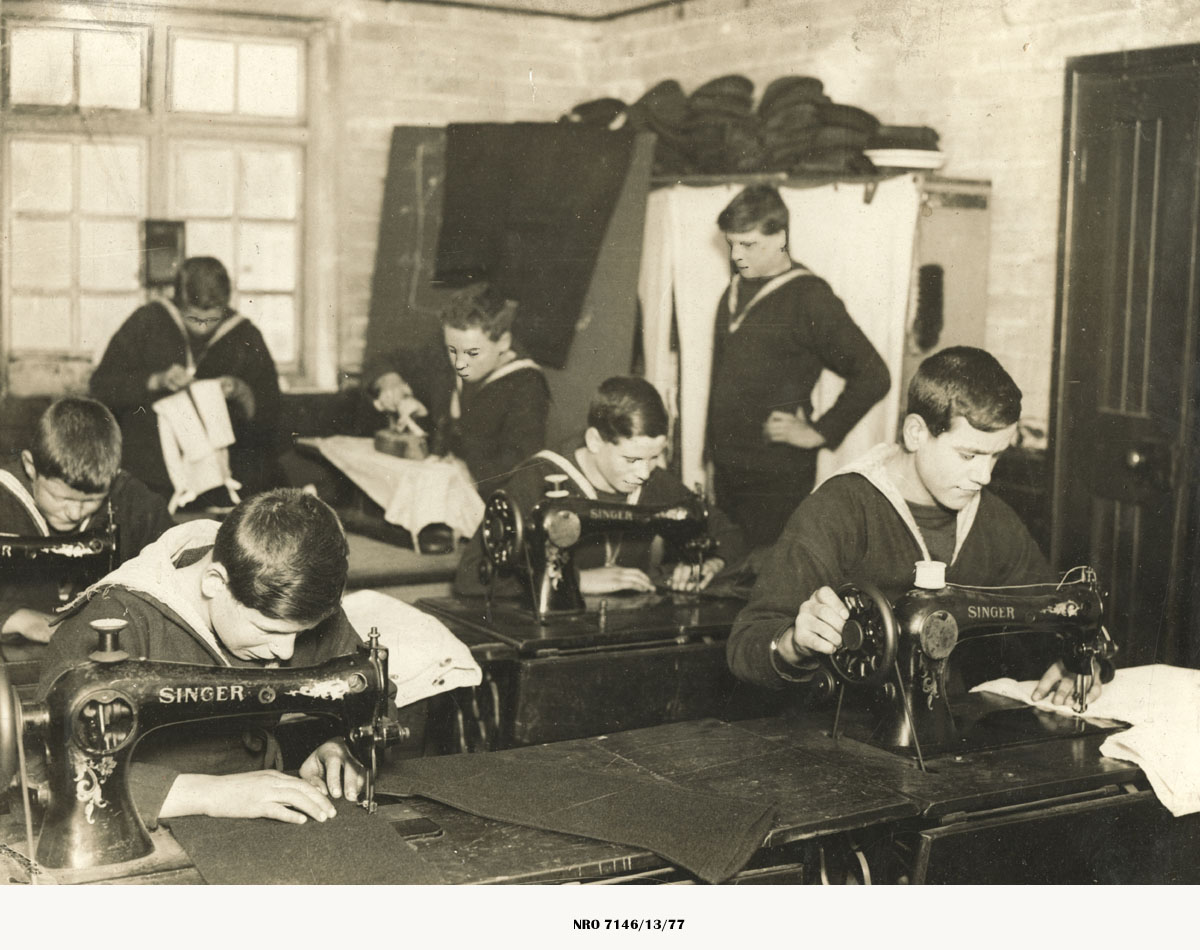
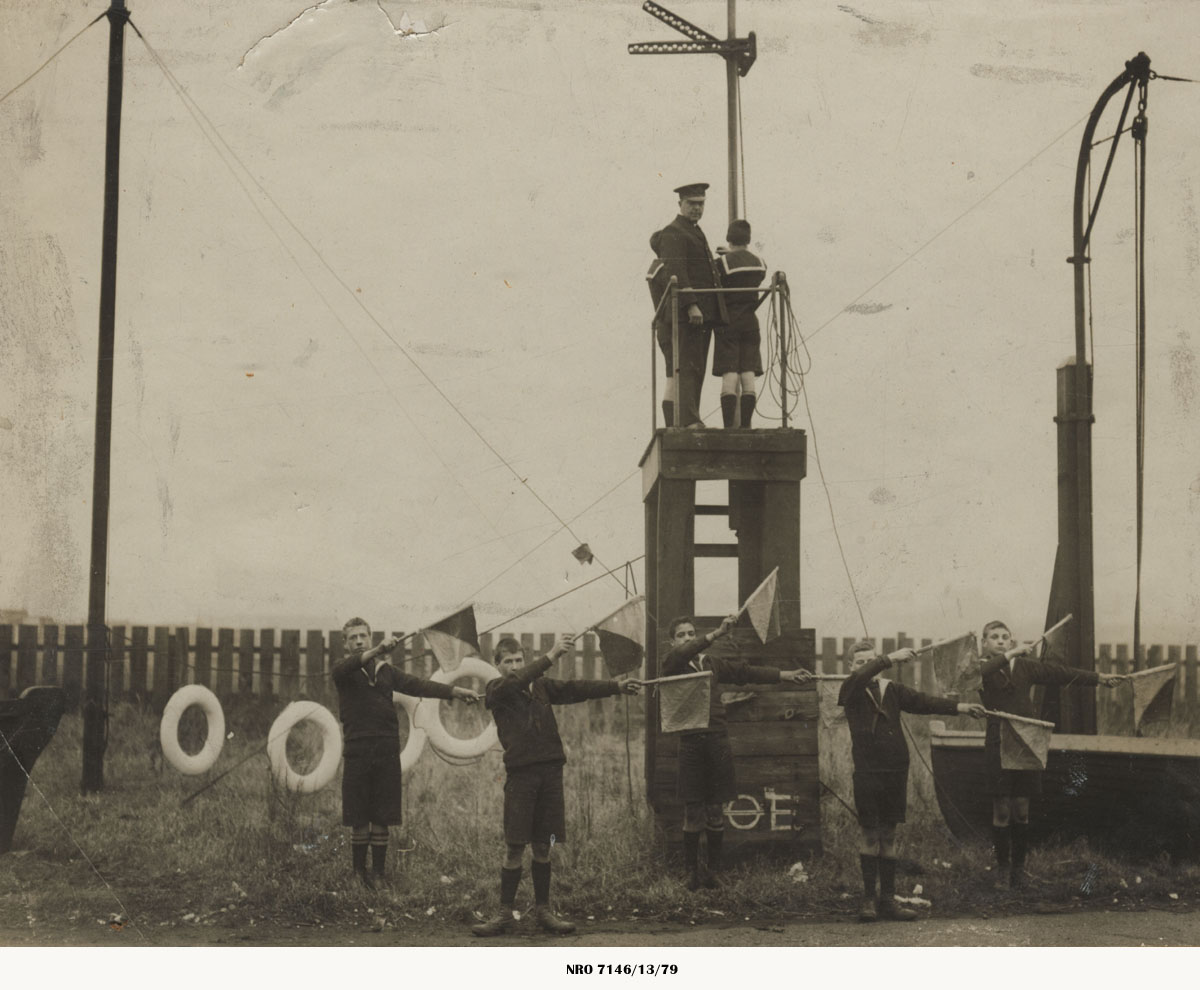
Local Hero
John Buckley became a trainee on board the Wellesley on 2 August 1894. He appears in the admissions register aged 12 and was sent to the ship due to a refusal to attend school. He was discharged on 19 July 1898. John became a hero after saving the life of a fellow trainee. At 2.45pm on 1 December 1897, William Linscott fell overboard into the Tyne and was carried away by the current. John Buckley jumped into the river and managed to keep hold of Linscott until a boat came to pick them up. Due to his bravery he was put forward for an award by the captain of the Wellesley. On 22 December the fifteen year old was awarded the Large Bronze Medal by the Royal Humane Society for carrying out a successful rescue involving great personal risk. John Buckley later went on to join the Royal Navy Reserve as a Stoker, qualifying for the First World War British War Medal and Mercantile Marine Medal.
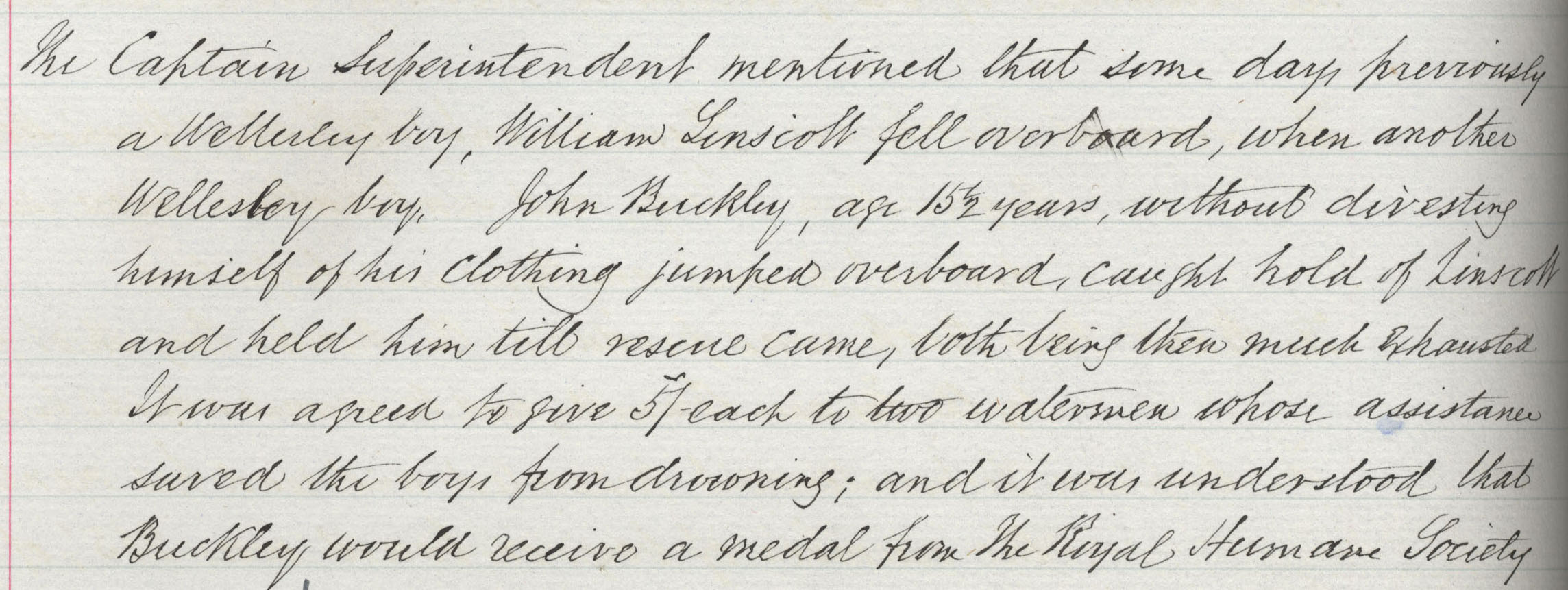
16 December 1897
The Captain Superintedent mentioned that some day previously a Wellesley boy, William Linscott fell overboard, when another Wellesley boy, John Buckley, aged 151/2 years , without divesting himself of his clothing jumped overboard, caught hold of Linscott and held him till rescue came, both being then much exhausted. It was agreed to give 5 shilling each to two Watermen whose assistance saved the boys from drowning; and it was understood that Buckley would receive a medal from the Royal Humane Society.

